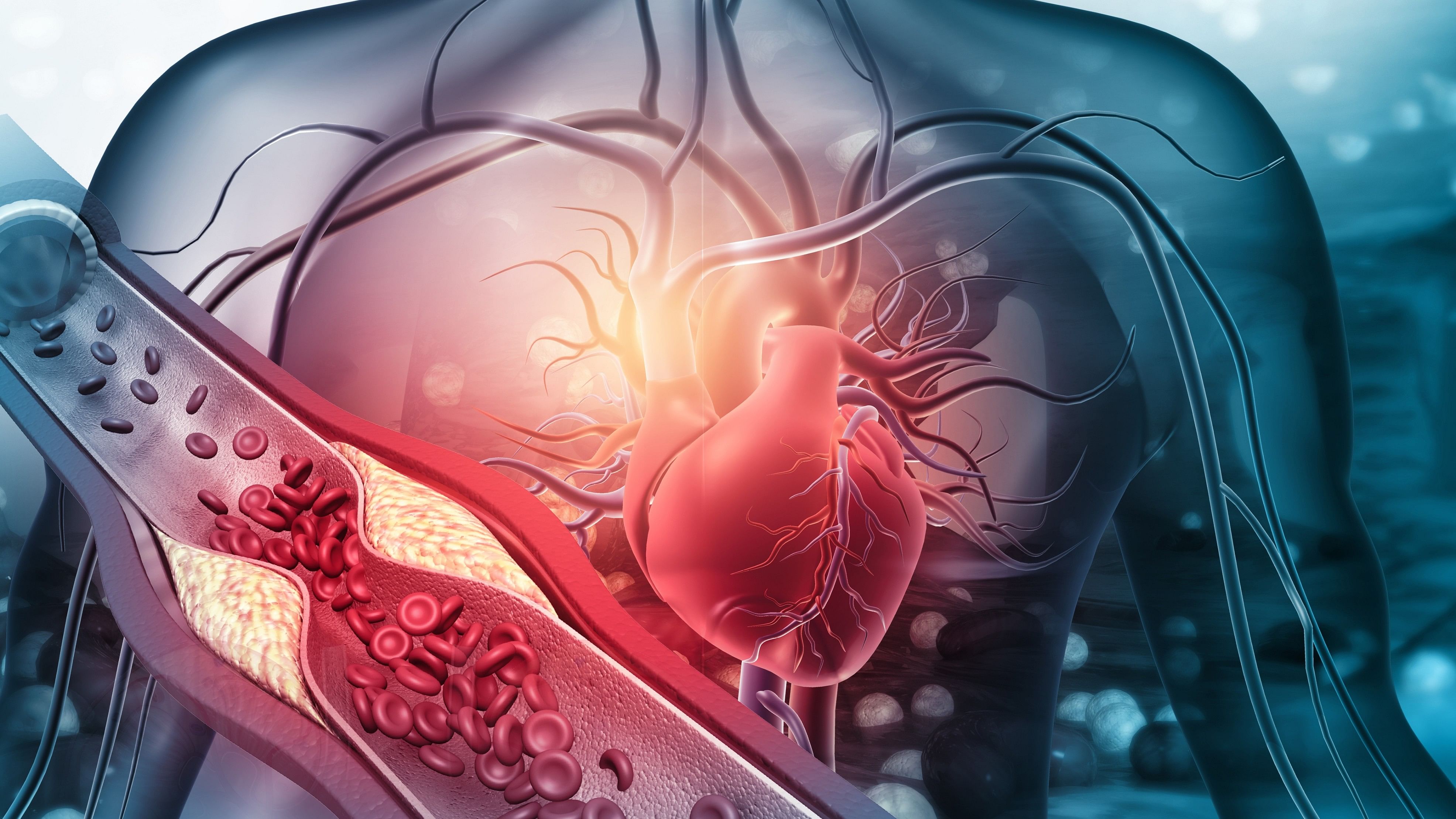
In India, there have been several media anecdotal reports about sudden unexplained deaths among apparently healthy adults, purportedly linked to Covid-19 or Covid-19 vaccination. This prompted a study undertaken by the Indian Council for Medical Research (ICMR) to find the reason for unexplained sudden deaths.
Sudden Cardiac Death (SCD) is described as a natural and unforeseen death that happens in an individual, with or without pre-existing cardiac conditions, occurring unexpectedly within one hour from the onset of symptoms. SCD data are gathered from autopsies, death certificates, hospitals, and family questionnaires.
Globally, sudden death among young adults is estimated to be between 0.8 to 6.2 cases per 1,00,000 people annually. In the absence of accurate counting of sudden deaths in India, researchers prompt to estimation methods based on cardiovascular disease burdens.
The Sri Jayadeva Institute of Cardiology (SJIC) in Bengaluru, a leading cardiac centre in South Asia, analysed 15 years of data. Director Dr CN Manjunath noted a 22% increase in heart attacks during this period, with an additional 2-3% rise post-Covid. The Sudden Adult Deaths Study Group, and ICMR-National Institute of Epidemiology (NIE) in Chennai, conducted a matched case-control study investigating sudden unexplained deaths. Dr Manoj Vasant Murhekar, the study’s senior author, detailed its methodology. This extensive study involved 47 tertiary care hospitals across 19 states and union territories in India. It focused on healthy individuals aged 18-45 years, devoid of known comorbidities, who suddenly died from unexplained causes between October 1, 2021, and March 31, 2023.
The cases considered were those involving witnessed deaths, i.e., deaths occurring either within 24 hours of hospitalisation or unwitnessed deaths, i.e., deaths occurring outside hospital settings within 24 hours of the individual’s last known healthy state, including cases brought dead to the hospital.
Participants with pre-existing medical conditions were excluded from the comparison of the cases and controls, who were healthy persons living in the same locality and belonging to the same age and gender as the cases.
Verbal questionnaires were administered to both the cases and the controls to gather data on Covid-19 infections, hospitalisations, vaccinations, lifestyle habits, and physical activities undertaken within 48 hours before the incident. Dr Tarun Bhatnagar, an ICMR-NIE scientist and co-author, clarified that “unaccustomed physical activity” was as per the WHO questionnaire, addressing concerns about fatal outcomes following physical activities being highlighted repeatedly as part of the study. The study defined “vigorous intensity” as any activity causing a substantial rise in breathing or heart rate for at least 10 consecutive minutes.
Dr Manickam Ponnaiah, an ICMR-NIE scientist, affirmed that the study found no evidence directly linking Covid-19 vaccinations to unexplained sudden deaths. Instead, it revealed a potential risk reduction associated with Covid-19 vaccination, with individuals receiving two doses showing greater protection as compared to those who did not get any vaccination. Factors like past Covid-19 hospitalisation, family history of sudden death, and certain lifestyle behaviours like smoking, alcohol, and vigorous-intense physical activity 48 hours before death were associated with increased risks.
Covid-19’s exact causes for sudden death remain unclear. Professor Prabhakaran, a noted cardiologist, and director of the Centre for Chronic Disease Control (CCDC), suggests potential factors include cytokine storms damaging the heart during the acute phase, drug toxicity from pandemic treatments, and prolonged low oxygen levels during the acute phase of Covid-19 infection which can result in residual harm to the heart in the long run.
A 2021 study reported 10 crore diabetics and 13 crore in the pre-diabetic stage in India, with similar cardiovascular risks for both groups. Of those less than 40 years old experiencing heart attacks, 12 percent had diabetes, while for those more than 40 years old, this increased to 45 percent. 17% of young heart attacks had a family history of heart disease, while nearly one-third showed no typical risk factors despite being physically fit, notes Dr Manjunath from their study.
Prof Prabhakaran notes that despite a lean average BMI of 24-25, South Asians, particularly Indians, have a tendency towards diabetes and metabolic syndromes. They often display more abdominal obesity, less developed subcutaneous fat, insulin insufficiency, and smaller-sized dense LDL cholesterol, contributing to higher incidences of these syndromes. Increasing air pollution is potentially another factor for the increase in cardiovascular diseases. Those undertaking very high-intensity exercises should get an ECG and coronary risk assessment.
Dr Manjunath notes doctors in India are observing elevated stress, burnout, and cardio-metabolic risks leading to premature deaths and a declining lifespan. He recommends the mandatory annual checkup for individuals aged 35 years and above (men) and 45 years and above (women). Emphasising the risks for the younger population, he summarises the 6S’s: Salt, Sugar, Smoking, Sedentary lifestyle, Stress, and Spirit. Professor Prabhakaran terms sugar, maida, polished white rice, and salt as the four white poisons that need moderate consumption. Altered dietary habits, disrupted sleep from work commitments, and increased stress are major lifestyle risks. Stress, unlike blood pressure or glucose, lacks a precise measure but significantly impacts today’s fast-paced lifestyle.
Prof Prabhakaran highlights the significant role of dietary factors, noting a two-fold increase in overall calorie intake alongside decreased physical activity in the past five decades. Foods high in carbohydrates, deep-fried items, and trans fats are identified as primary contributors to cardiovascular diseases. To achieve a balanced diet, he suggests dividing the plate into one-third portions each, incorporating whole grain cereals, pulses, fruits, and vegetables. For a healthier life, embrace a balanced lifestyle including regular exercise, intermittent fasting (except for diabetics), a low-calorie/low-carbohydrate diet, social interactions, yoga, and meditation.
Moderation is key in both diet & physical activity
♦ Weekly 150 minutes of moderate-intensity exercise.
♦ Intermittent fasting (except for diabetics).
♦ Low calorie/low carbohydrate diet.
♦ Yoga and meditation.
♦ Moderation in diet and physical activity.
(The author is a consultant haemato-oncologist with a special interest in stem cell transplantation at Royal Wolverhampton NHS Trust, UK. He can be reached at praveen.kaudlay1@nhs.net)